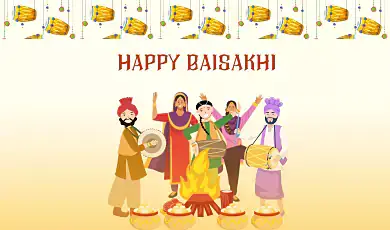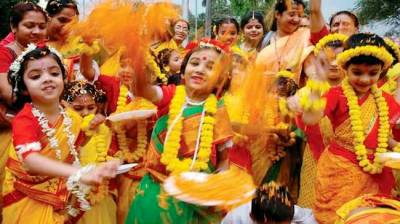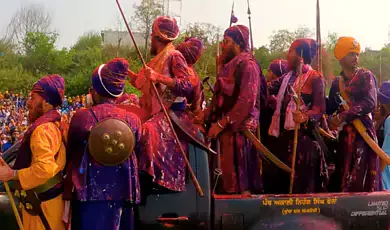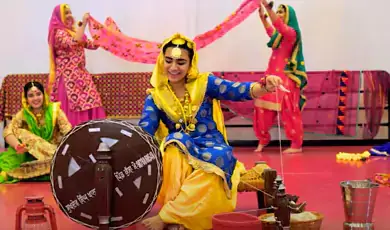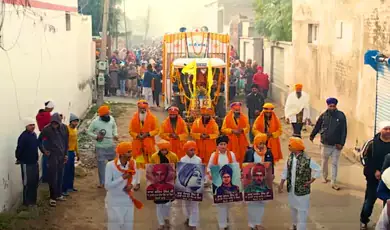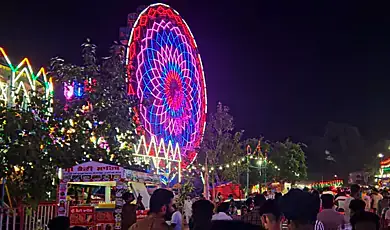
Punjab, a vibrant state in northern India, is renowned for its lively festivals that reflect the region's rich cultural heritage. Among the most notable celebrations is the festival of Punjab, which showcases the spirited traditions and colorful customs of its people. Each festival holds a special place in the hearts of Punjabis, marking significant events in the agricultural calendar and religious life. One of the most famous festivals in Punjab is Baisakhi, which is celebrated in April. This harvest festival of Punjab is not just about reaping the crops but also about honoring the Sikh New Year. Baisakhi is a time for lively fairs, traditional music, and dance performances, especially the energetic Bhangra and Gidda. It also holds historical significance as it commemorates the formation of the Khalsa in 1699 by Guru Gobind Singh Ji.
Another major Punjabi festival is Lohri, which takes place in January. This festival marks the end of winter and the beginning of the harvest season. It is celebrated enthusiastically, featuring bonfires around which people gather to sing, dance, and share sweets like sesame seeds and jaggery. Lohri symbolizes warmth and prosperity and is a time for families to come together and celebrate the new harvest. The Punjab festivals also includes celebrations like Diwali and Gurpurab. Diwali, the Festival of Lights, is observed with vibrant decorations, fireworks, and sweets, symbolizing the victory of light over darkness. Gurpurab, on the other hand, marks the birthdays of Sikh Gurus and involves reading the Guru Granth Sahib and participating in processions.
The diversity of festivals in Punjab illustrates the state’s rich cultural tapestry and deep-rooted traditions. These celebrations not only mark important agricultural milestones but reinforce communal bonds and cultural identity. Whether it’s the harvest festivals of Punjab or other significant events, each festival offers a glimpse into the joyous spirit and enduring traditions of the Punjabi people.
| Sr. No. | List of Major Festivals in Punjab 2025 | More Information |
|---|---|---|
| 1 | Lohri Festival | View more |
| 2 | Baisakhi | |
| 3 | Basant Panchami | |
| 4 | Hola Mohalla | |
| 5 | Teeyan | |
| 6 | Guruparab or guru Nanak Parab | |
| 7 | Jor Mela | |
| 8 | Karwa Chauth | |
| 9 | Chappar Mela | |
| 10 | Bhai Dooj |


